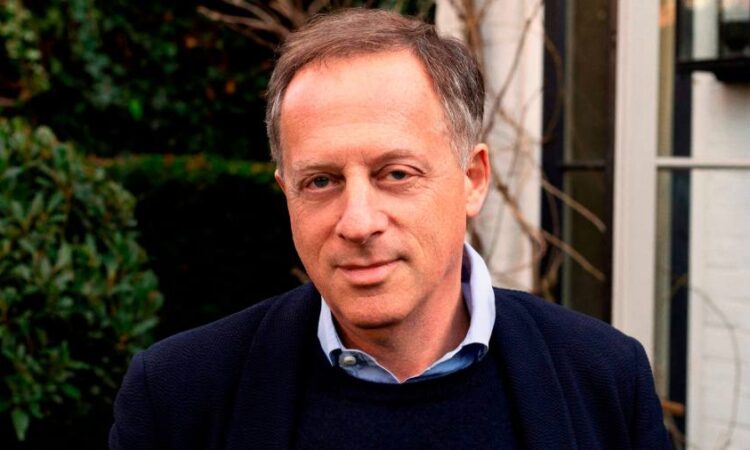
Rishi Sunak has been urged to ensure the BBC appointments process is “beyond reproach” and stop choosing candidates based on their political allegiances, after the corporation’s chair Richard Sharp was forced to quit.
Sharp’s resignation over a “potential perceived conflict of interest” has prompted an immediate search for a new BBC chair, with former private equity boss Sir Damon Buffini among the leading contenders.
Gary Lineker, the BBC’s football presenter, tweeted that politics should be taken out of the appointments process. “The BBC chairman should not be selected by the government of the day. Not now, not ever.”
Meanwhile, Lord Ed Vaizey, former Tory culture minister, said Sunak should ensure that the appointments process is “beyond reproach” after the debilitating row over Sharp’s appointment.
Sharp was a Tory donor and, previously, Sunak’s boss at Goldman Sachs.
The chair of the BBC is a political appointment and Sunak declined to rule out appointing another Tory donor. “There’s an appointments process that happens for those appointments,” he said. “I’m not going to prejudge that.”
Sharp quit after an investigation found on Friday that he had breached public appointment rules by failing to declare help provided to then prime minister Boris Johnson that led to his securing an £800,000 loan.
The report by Adam Heppinstall KC found there was a “potential perceived conflict of interest” that was not disclosed by Sharp during his application and interview for the role at the UK broadcaster in 2020.
Sharp will step down in June, saying that his continued presence at the BBC was a potential “distraction”. He had denied wrongdoing, saying he neither facilitated nor arranged the financing to the then prime minister.
He said that he had only put Sam Blyth, a Canadian businessman and distant cousin of Johnson, in touch with Simon Case, the cabinet secretary and the UK’s most senior civil servant, to ensure any applicable rules were followed. Blyth provided a loan guarantee.
Downing Street would prefer to promote one of the existing board members of the BBC, according to people familiar with the talks, given that they have already been through a vetting process.
Deputy BBC chair and former Permira boss Buffini is seen as one of the frontrunners given his financial expertise and existing oversight of the corporation’s commercial ambitions, including BBC Studios.
One leading City of London figure who knows Buffini described him as “quite rightwing and somewhat abrasive — the government love him”.
Other possible candidates include journalist Muriel Gray. Heppinstall’s report noted the lack of diversity in the shortlist of candidates ahead of Sharp’s appointment.
One senior Tory official said the Heppinstall report had left Sharp little choice but to resign. “It was right for him to go. Yet again Boris damages everything and everyone around him.”
The report said that Sharp had informed Johnson he wanted to become chair of the BBC and then, “before he was interviewed”, that he was going to meet Case “to introduce to him a person who had made a suggestion that he might assist the former prime minister with his personal finances”.
Sharp said the investigation’s conclusions showed that the rules breach “was inadvertent and not material”.
But he added: “I have decided that it is right to prioritise the interests of the BBC. I feel that this matter may well be a distraction from the corporation’s good work were I to remain in post until the end of my term.”
The BBC board said it accepted and understood Sharp’s decision to stand down. In a statement, the board added: “Richard has been a real advocate for the BBC, its mission, and why the corporation is a priceless asset for the country, at home and abroad.”
Lucy Frazer, culture secretary, said she respected and understood Sharp’s decision to step down and appreciated his commitment to the BBC, adding in a letter to the outgoing chair: “Your decision to step down in the wider interests of the corporation is further testament to that commitment.”
Lucy Powell, shadow culture secretary, said: “This breach has caused untold damage to the reputation of the BBC and seriously undermined its independence as a result of the Conservatives’ sleaze and cronyism.”






